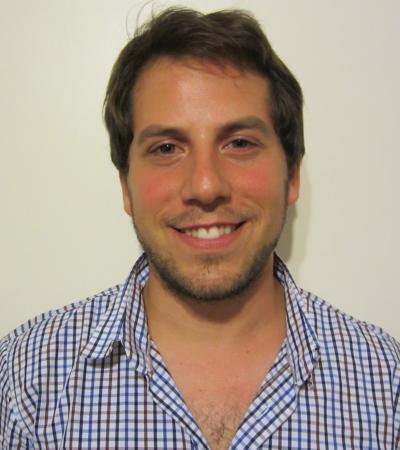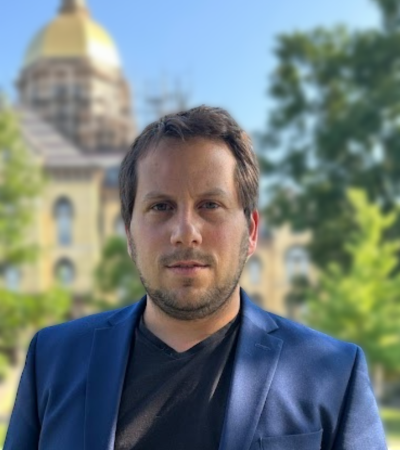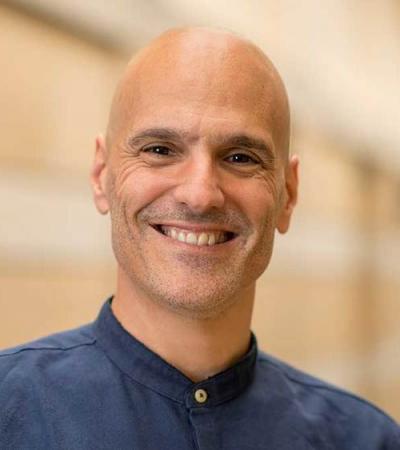VIRTUAL Comparative Politics Workshop - Multipartism and Regime Change

Multipartism and Regime Change
Presenters:
Natán Skigin, PhD student in political science, Kellogg Institute PhD fellow, and research affiliate for the Kellogg Institute's Notre Dame Violence and Transitional Justice Lab
Aníbal Pérez-Liñán, professor of political science and global affairs, Kellogg Institute faculty fellow
Discussant:
Mike Hoffman, assistant professor of political science, Kellogg Institute faculty fellow
Abstract: Prominent theories of regime change argue that the presence of multiple parties in the legislature can help stabilize dictatorships, while too many parties can destabilize presidential democracies. We show the opposite to be true: a greater number of parties poses a danger for dictatorships but not democracies. We develop a model in which executives endogenously set the number of legislative parties under dictatorship, and voters exogenously set the number of parties under democracy. Dictators face a quandary: while multipartism reduces the risk of bottom-up revolt, it also lowers the costs of a top-down transition. We provide evidence from Latin America – a region with a broad range of authoritarian regimes – between 1945 and 2010, and trace causal mechanisms in two case studies. Our findings hold for different regime classifications, with nonparametric estimators that detect nonlinearities, and instrumental variable models treating the number of parties as endogenous.
The Comparative Politics Workshop is a graduate student-led forum geared towards presenting and discussing papers and research projects. During the academic semester, regular sessions are held at the Hesburgh Center. These meetings are open to everyone, particularly students, faculty and Kellogg Institute Visiting Fellows. Participants have the chance to present their work and receive valuable, constructive feedback from their colleagues.
More information: Contact Comparative Politics Field Representative Jake Turner

Natán Skigin
Natán Skigin is an Assistant Professor of Comparative Politics in the Department of International Affairs at the University of Georgia. Previously, a Postdoctoral Fellow at Harvard University, Natan received his PhD in Political Science in 2024 from the University of Notre Dame...





